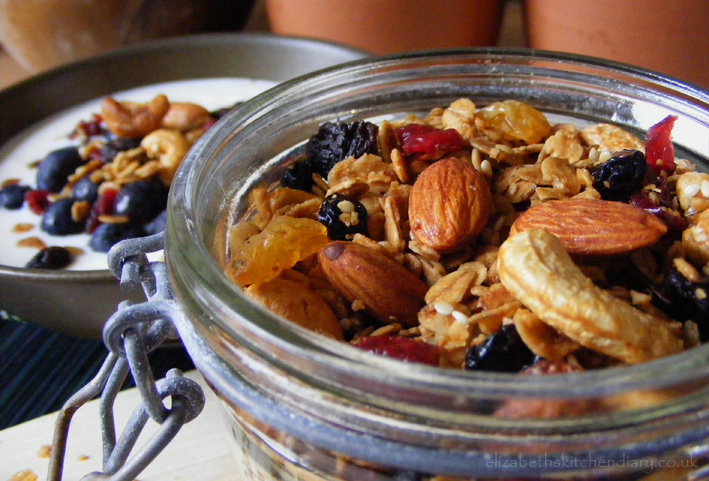
Many weight loss studies have suggested eating more small meals throughout the day is the smarter way to lose weight, due to the fact that by eating every couple of hours, you won't get to the point of starvation and overeat.
But a new multi-university study published in the journal Appetite this month claims that all of the research on eating small meals through the day is inconclusive.
So how did the researchers come to that conclusion? They analyzed all of the previous studies done about meal frequency and found that the majority of them used self-reported data, which is kinda unreliable.
Keri Gans, R.D., author of The Small Change Diet says on the results: "Most people don't understand what a small meal is—so the people in the study may have reported eating one thing when in reality they were eating full meals every couple of hours, not mini meals."
To put simply, the danger about this strategy is that you might end up overeating anyway because you take in too many calories at each 'mini' meal. So if you're trying to slim down, eat a 400-500 calorie meal every three to five hours. Also have a 200 calorie snack, like a handful or nuts and a piece of fruit, between breakfast and lunch, and between lunch and dinner.
It's also important to get in some exercise too.
Image via